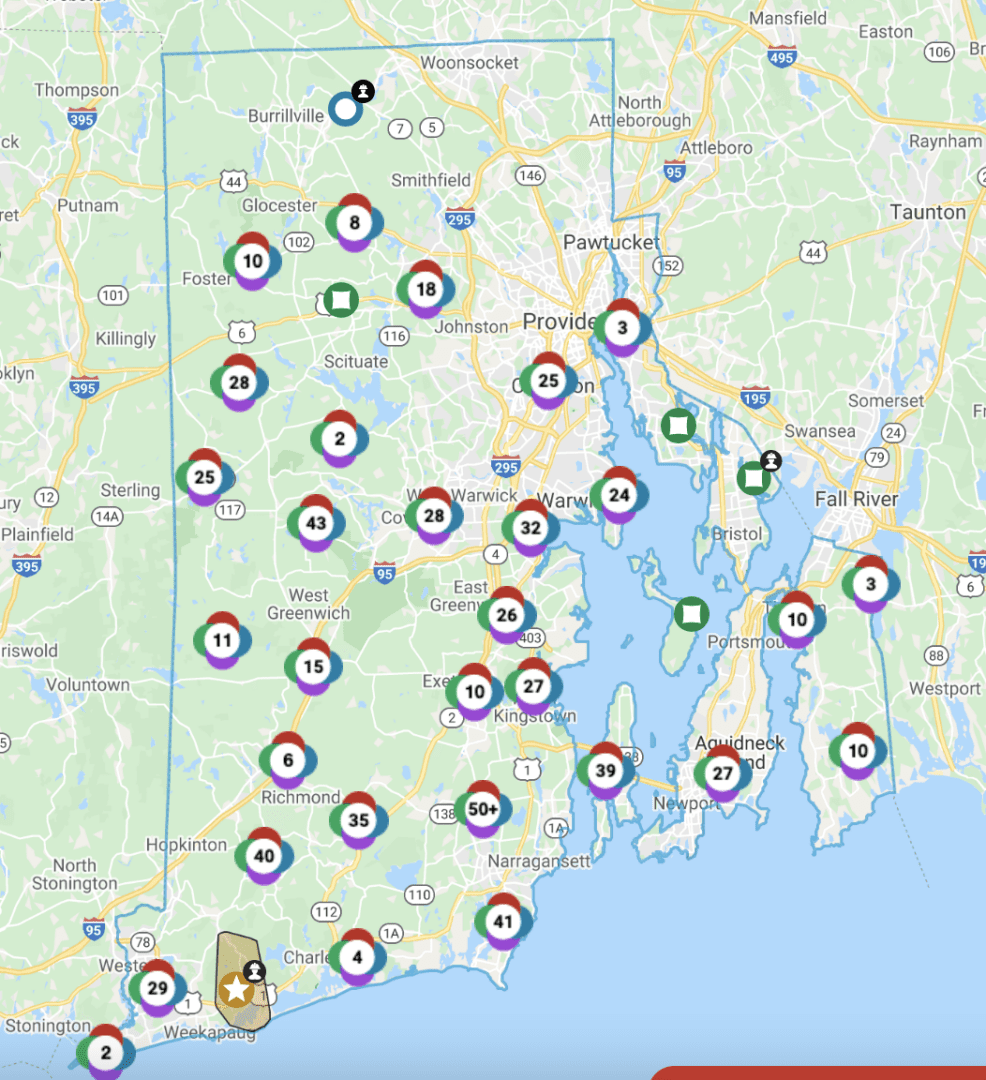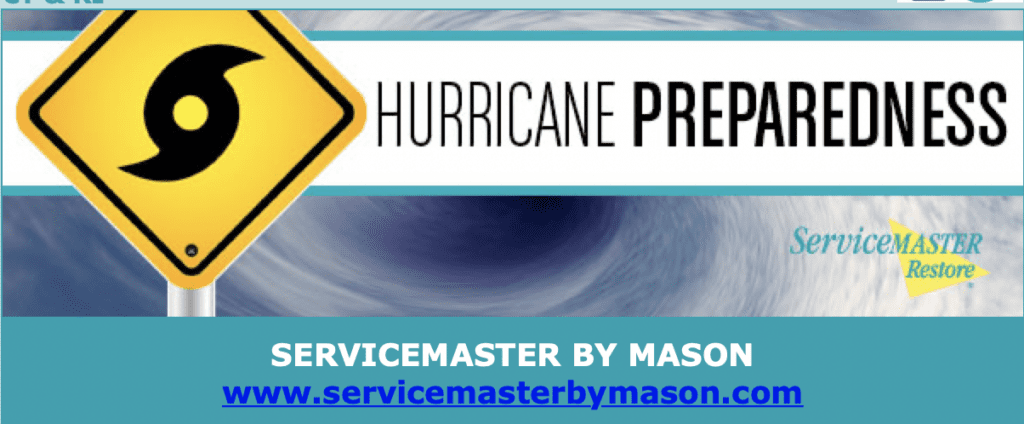Search Posts
Recent Posts
- Rhode Island Legislature Highlights Accomplishments for the 2025 Session June 25, 2025
- Sports in RI: Cody Tow, Volleyball Past, Present and Into His Future – John Cardullo June 25, 2025
- Need a Break? Time for Sour Grapes – Tim Jones June 25, 2025
- Rhode Island Weather Forecast for June 25, 2025 – Jack Donnelly June 25, 2025
- It is what it is: Commentary on 6.25.25 with Jen Brien June 25, 2025
Categories
Subscribe!
Thanks for subscribing! Please check your email for further instructions.

After the storm…
At the height of the storm over 73,000 Rhode Islanders were without power. Today that figure is estimated to be less than 44,000 and they are centered in South County.
Most of Rhode Island was surprised to have a more moderate storm – downgraded to a Tropical Storm just before hitting our shores – with little significant damage north of South County.
However, trees and poor tree maintenance continue to plague Rhode Island – sometimes with just a slight wind – again, a heads-up to take care of those trees just waiting to cause power outages or danger to our homes and our families.
Here is the link to check on power outages – it is in real time and can be checked throughout the day for updates. Remember to call in your power outage if you have not done it.
https://outagemap.ri.nationalgridus.com/
All state offices will be open today.
T.F. Green Airport has many delays – check before heading for takeoff or pickupp.
The ferries to Block Island, Martha’s Vineyard, Nantucket, and Newport will reopen today.
State testing sites will reopen today at noon except for the Westerly site (police dept) which will open on Tuesday.
Twin River Casinos will reopen at 9am.
Food Safety During Power Outage
Refrigerated Food and Power Outages: When to Save It and When to Throw It Out
As the USDA notes in Keeping Food Safe During an Emergency, your refrigerator will keep food safe for up to 4 hours during a power outage. Keep the door closed as much as possible. Discard refrigerated perishable food such as meat, poultry, fish, eggs, and leftovers after 4 hours without power.
After a power outage never taste food to determine its safety. You will have to evaluate each item separately—use this chart as a guide. When in Doubt, Throw it Out!
While there are some items that are in the freezer that can be saved, we’d advise, unless the items could immediately be refrigerated and then used, toss it out – good time for a deep cleaning, too.
| Type of Food | Held above 40 °F for more than 2 hours |
|---|---|
| Meat, poultry, seafood | |
| Raw or leftover cooked meat, poultry, fish, or seafood; soy meat substitutes | Discard |
| Thawing meat or poultry | Discard |
| Salads: Meat, tuna, shrimp, chicken, or egg salad | Discard |
| Gravy, stuffing, broth | Discard |
| Lunchmeats, hot dogs, bacon, sausage, dried beef | Discard |
| Pizza with any topping | Discard |
| Canned hams labeled “Keep Refrigerated” | Discard |
| Canned meats and fish, opened | Discard |
| Casseroles, soups, stews | Discard |
| Cheese | |
| Soft cheeses: blue/bleu, Roquefort, Brie, Camembert, cottage, cream, Edam, Monterey Jack, ricotta, mozzarella, Muenster, Neufchatel, queso blanco, queso fresco | Discard |
| Hard cheeses: Cheddar, Colby, Swiss, Parmesan, provolone, Romano | Keep |
| Processed cheeses | Keep |
| Shredded cheeses | Discard |
| Low-fat cheeses | Discard |
| Grated Parmesan, Romano, or combination (in can or jar) | Keep |
| Dairy | |
| Milk, cream, sour cream, buttermilk, evaporated milk, yogurt, eggnog, soy milk | Discard |
| Butter, margarine | Keep |
| Baby formula, opened | Discard |
| Eggs | |
| Fresh shell eggs, eggs hard-cooked in shell, egg dishes, egg products | Discard |
| Custards and puddings, quiche | Discard |
| Fruits | |
| Fresh fruits, cut | Discard |
| Fresh fruits, uncut | Keep |
| Fruit juices, opened | Keep |
| Canned fruits, opened | Keep |
| Dried fruits, raisins, candied fruits, dates | Keep |
| Sliced or shredded coconut | Discard |
| Sauces, Spreads, Jams | |
| Opened mayonnaise, tartar sauce, horseradish | Discard (if above 50 °F for more than 8 hrs) |
| Peanut butter | Keep |
| Jelly, relish, taco sauce, mustard, catsup, olives, pickles | Keep |
| Worcestershire, soy, barbecue, hoisin sauces | Keep |
| Fish sauces, oyster sauce | Discard |
| Opened vinegar-based dressings | Keep |
| Opened creamy-based dressings | Discard |
| Spaghetti sauce, opened | Discard |
| Bread, cakes, cookies, pasta, grains | |
| Bread, rolls, cakes, muffins, quick breads, tortillas | Keep |
| Refrigerator biscuits, rolls, cookie dough | Discard |
| Cooked pasta, rice, potatoes | Discard |
| Pasta salads with mayonnaise or vinaigrette | Discard |
| Fresh pasta | Discard |
| Cheesecake | Discard |
| Breakfast foods: waffles, pancakes, bagels | Keep |
| Pies and pastry | |
| Cream filled pastries | Discard |
| Pies: Any with filling containing eggs or milk, e.g., custard, cheese-filled, or chiffon; quiche. | Discard |
| Fruit pies | Keep |
| Vegetables | |
| Fresh vegetables, cut | Discard |
| Fresh vegetables, uncut | Keep |
| Fresh mushrooms, herbs, spices | Keep |
| Greens, pre-cut, pre-washed, packaged | Discard |
| Vegetables, cooked | Discard |
| Tofu, cooked | Discard |
| Vegetable juice, opened | Discard |
| Baked potatoes | Discard |
| Commercial garlic in oil | Discard |
| Potato salad | Discard |
| Casseroles, soups, stews | Discard |
After the Storm – Tips from ServiceMaster

Minimizing damage after hurricane flooding.
We know how strong winds, rain and storm surge can disrupt lives and cause water damage to businesses and homes in our community. ServiceMaster By Mason can help you minimize additional water damage with our 24/7 prompt response, equipment rentals for DIY-ers, and by considering the following steps. After experiencing water damage, businesses should:
- Use fans to circulate the air and assist drying.
- Use dehumidifiers if available.
- Remove as much water as possible by mopping and blotting.
- Prop up wet furniture cushions for even drying and place small wood blocks or aluminum foil under all furniture legs.
- Remove wet area rugs or other floor coverings. Wipe furniture and shelves dry.
- Open desk drawers, and closet and office doors to enhance drying.
- Document any property damage with photographs.
- Do not remove damp books from shelves. Leave tight to prevent pages from rippling.
- Control interior temperatures with heat or air conditioning. Keep interior temperatures between 70 and 80 degrees.
Important warnings on water damage:
- Do not use an ordinary “household” vacuum to remove water.
- Do not use electrical equipment while on wet carpet or wet floors.
- Do not go into your building until it has been inspected for damage, gas lines, septic systems and water lines.
- Do not lift tacked down carpet without professional help.
During these warm temperatures, it’s important to dry or discard wet items within 48 to 72 hours to avoid harmful mold growth. Even after wet items are removed, mold may remain hidden in drywall, carpeting and HVAC systems. The sooner a ServiceMaster By Mason remediation expert can get to items covered in mold, the less long-term damage and costs.
Should your business need water, fire, biohazard, mold or other clean-up or restoration services after a storm, the team at ServiceMaster By Mason is available to help 24/7 and get you back in business – fast!
For additional details or to schedule assistance, contact us at 800-934-5869 or visit us at www.servicemasterbymason.com
Big Trees – from RI Tree Council:
Big trees are under siege from a variety of threats. They need attention and care. Here are some tips on how to care for big, old trees:
- Protect the bark from damage from yard equipment
- Spread mulch around the base to insulate the soil
- Avoid compacting the ground around a big tree
- Keep branches free from hanging things
- Water when dry to avoid stress when it’s hot
Also, big trees should be inspected by a certified arborist periodically. The arborist can spot trouble early, like diseases, rot, and heavy dead branches. He or she can also spot problems early and recommend pruning or other measures that can preserve the tree’s life.
Research shows that the benefits derived from a large tree far outweigh the costs of caring for them—sometimes by as much as eight to one. In most communities in the U.S., big trees cost as little as $13 per year.
Each big tree, on the other hand, returns an average of $65 in energy savings, cleaner air, better-managed stormwater, extended life of programs, and higher property values. Given these figures, urban communities afford not to invest in large trees.
More info here: https://ritree.org
